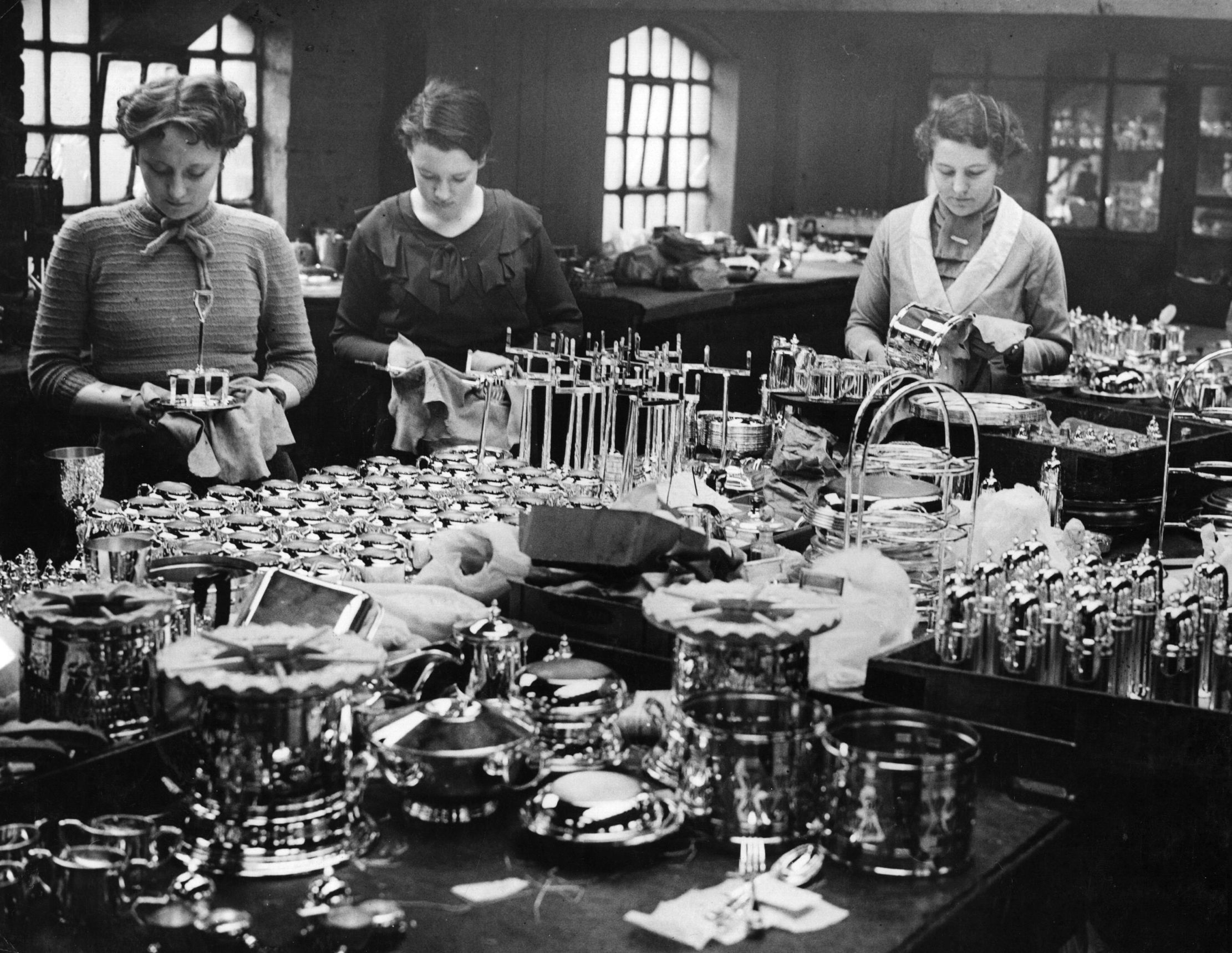The Legacy: Harry Brearley and stainless steel
For those born sans silver spoon, the unexpected career path of the unassuming Harry Brearley saved them from unhygienic rusty forks, plastic knives and the unbearable thought of doing away with cutlery altogether.


Harry (1871–1948) was the eighth child of John and Jane Brearley, raised in a house in Sheffield, South Yorkshire, no larger than 12ft square. He had less-than-average schooling (‘never clamoured for more’), but became fascinated with watching metal-workers, including his father, crafting their wares. The 12-year-old, however, was ‘too frail’ for such an industry, so became a bottle washer at a chemist’s laboratory, where the chief chemist provided mathematical books to pass the time.
Brearley enrolled at night school, attacking (academically) ‘one steelmaking interest after another’. In 1902, he published the 600-plus-page The Analysis of Steelworks Materials, which he had written in eight weeks, leaving him exhausted, but triumphant, ‘as a woman must feel after giving birth’. As a recognised metallurgist and analytical chemist, he was tasked with investigating the erosion of rifle barrels at the Royal Arms Munitions factory in 1912.
Brearley began testing alternative steels using chromium and, by 1913, the first ‘rustless steel’ was melted. He suggested using it for cutlery — Sheffield had been the centre of the industry for more than 300 years — but cutlers found the metal too hard and thought it abhorrent that households would no longer polish their sets and, worse, need not buy more.
But one manufacturer tested a knife with vinegar and exclaimed: ‘This steel stains less!’. In 1915, the New York Times explained that, although it was double the price of normal steel, ‘the saving of labour to the customer will more than cover the total cost of the cutlery in the first 12 months’ and manufacturers from Sheffield to Pennsylvania forged ahead. Brearley’s legacy was etched.
He wasn't done there. In 1941, Brearley established The Freshgate Trust Foundation, a grant-making charity to ‘support ideas which are likely to make life more bearable, cheerful and attractive to people who have a limited choice in the occupation they follow… and surroundings in which they live’, in such areas as music and the Arts, heritage and welfare. The foundation still operates in Sheffield today.
The Legacy is a series about people from the past who did extraordinary things for the world

Credit: R A Kearton via Getty Images
Exquisite houses, the beauty of Nature, and how to get the most from your life, straight to your inbox.
The Legacy: Godfred Baseley, the man who invented The Archers
We take a brief look at the life and inspiration of the man behind the world's longest running radio serial.
Amie Elizabeth White is Country Life's Acting Luxury Editor. She studied history at the University of Edinburgh and previously worked in fashion styling. She regularly writes for Country Life's London Life supplement and has written for Luxury London, covering everything from Chanel suits and skincare, to the best pies in the city. She has a big heart, but would sell her soul for a good pair of shoes.
